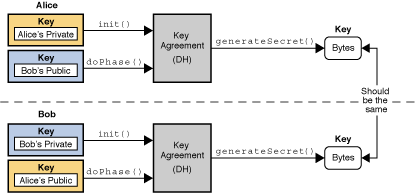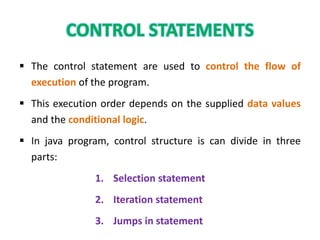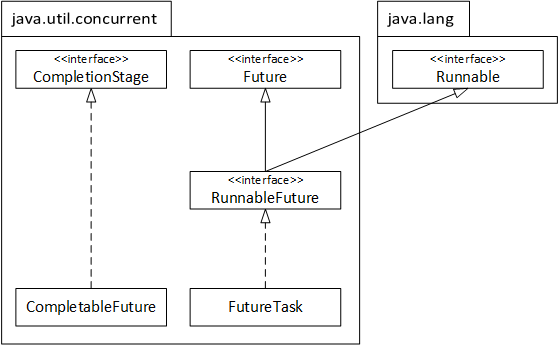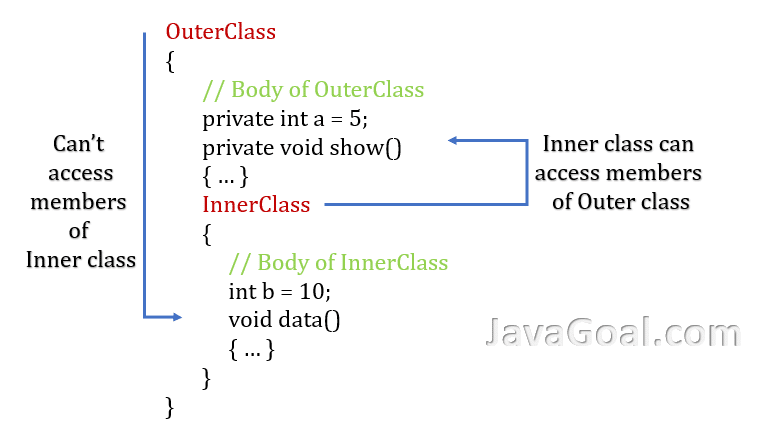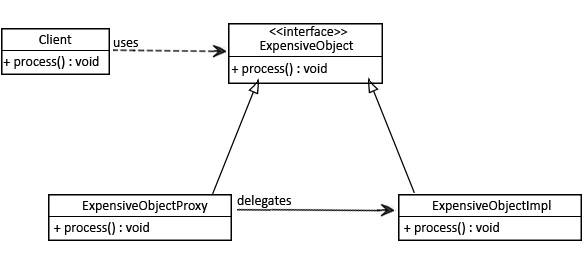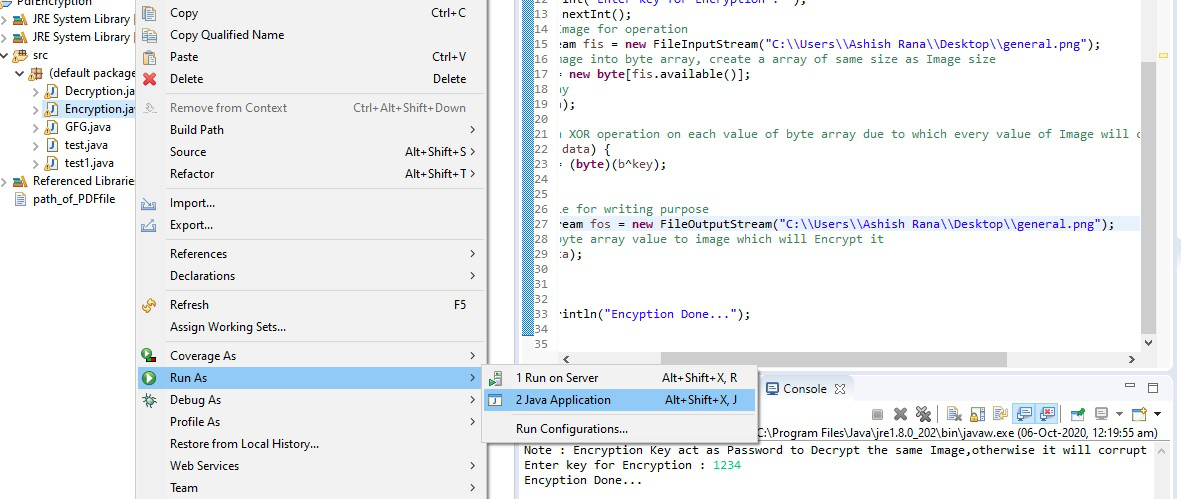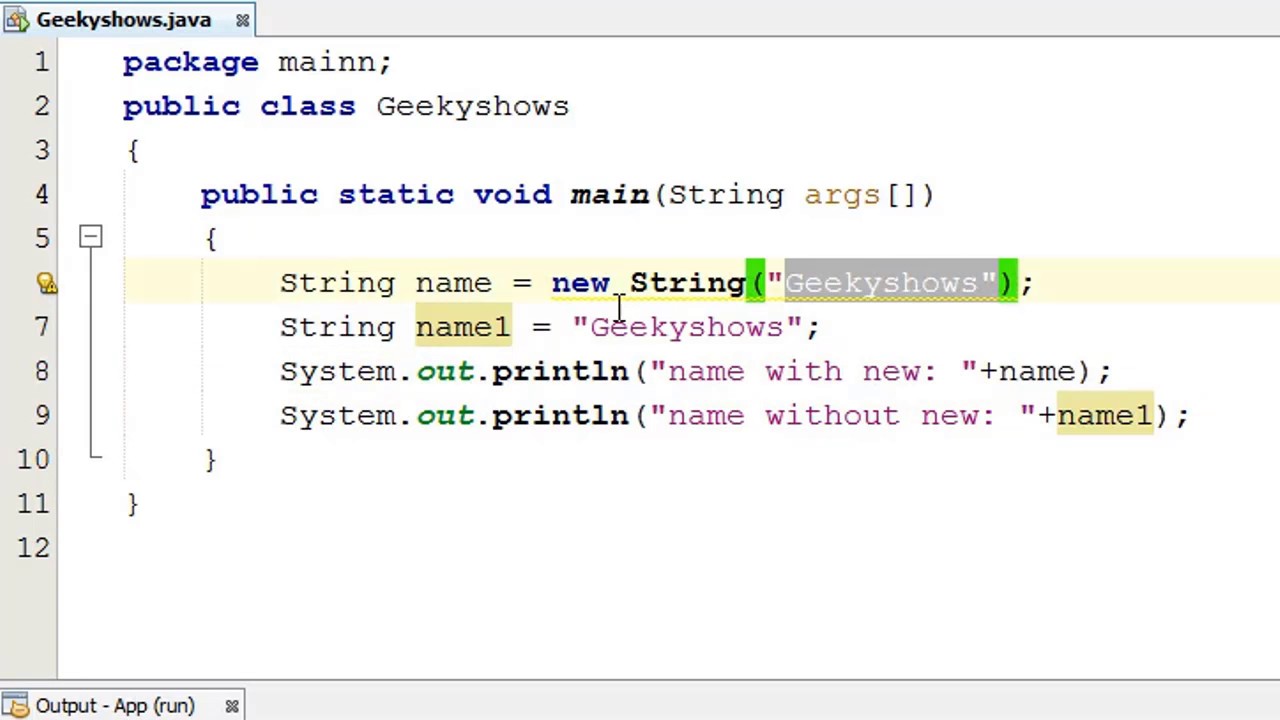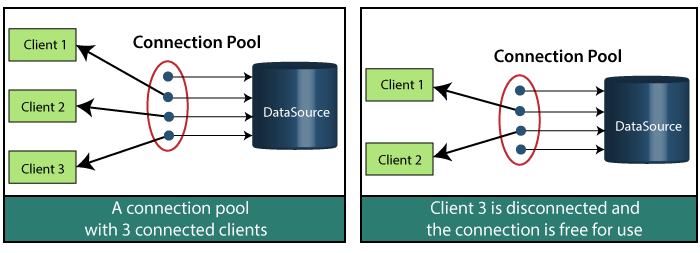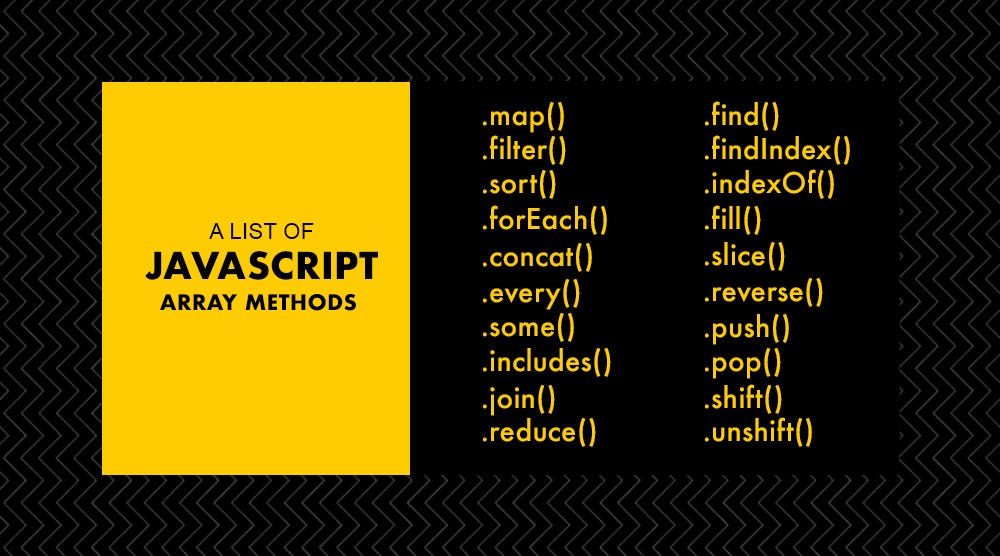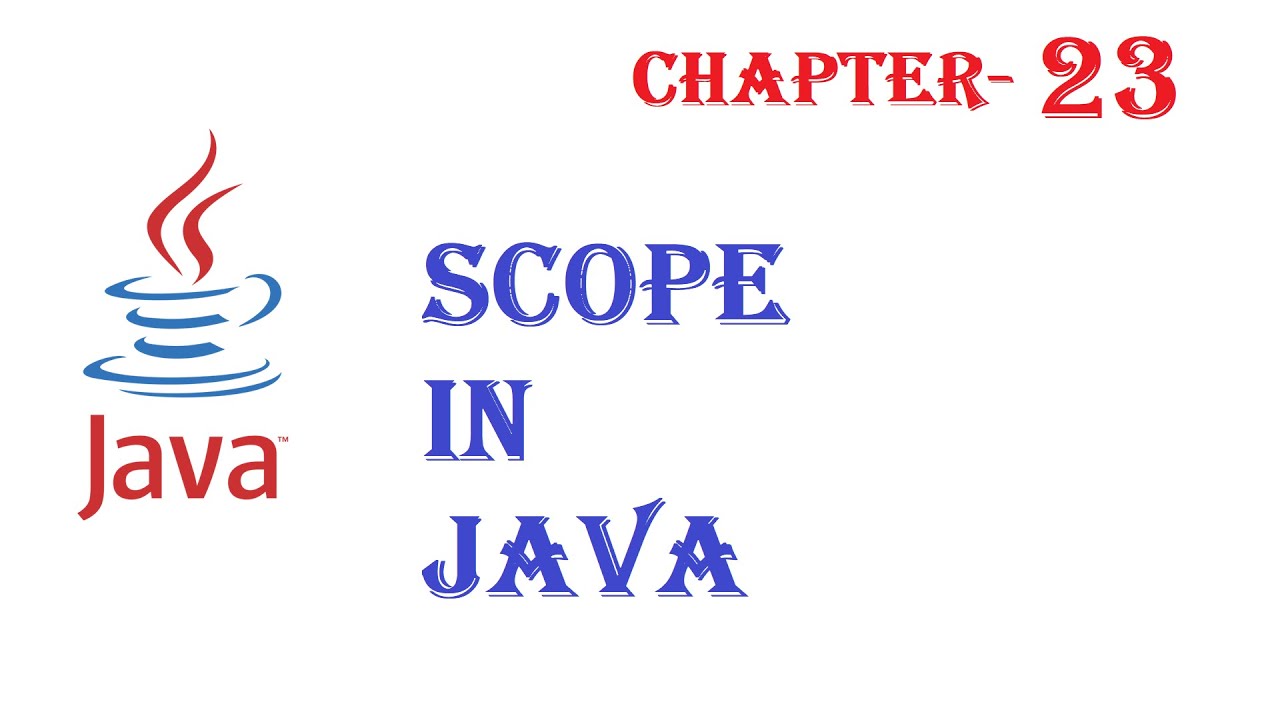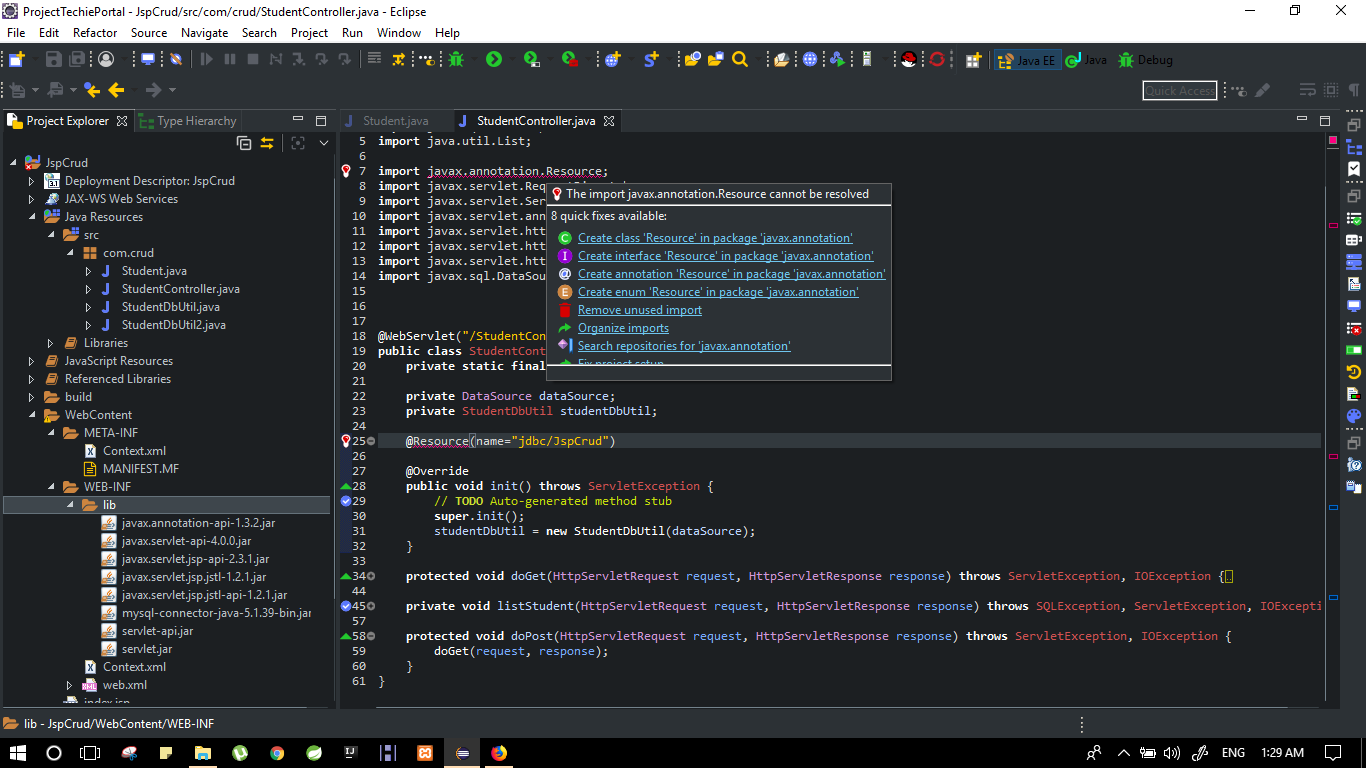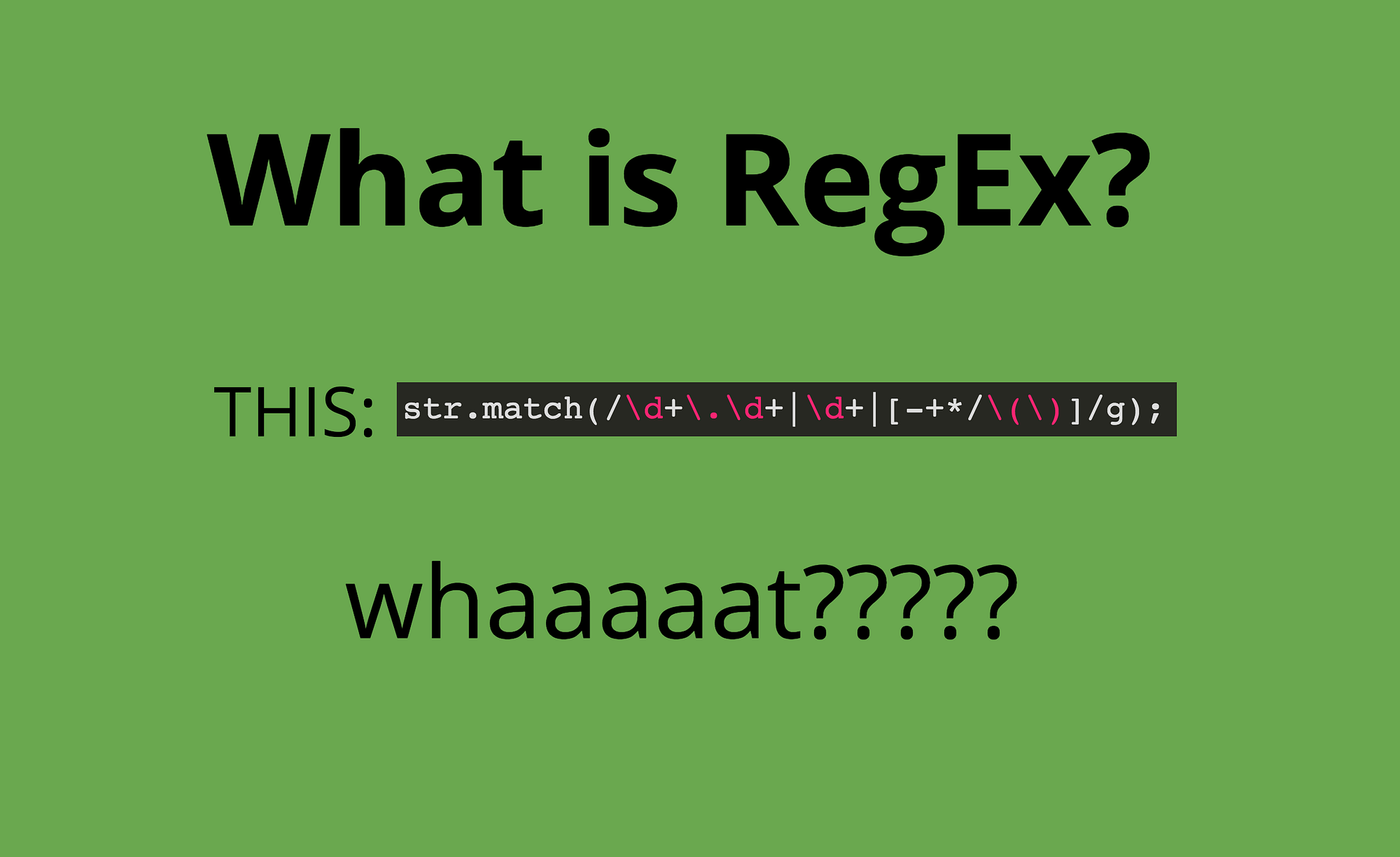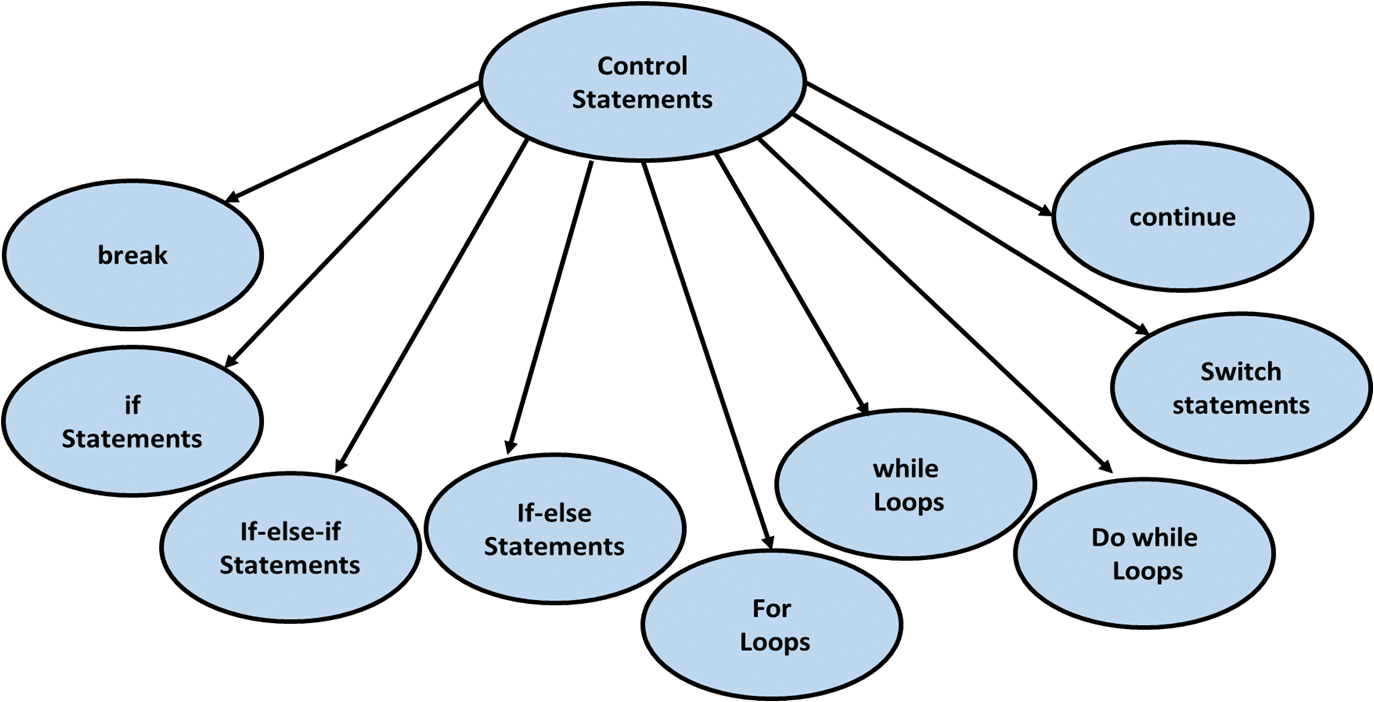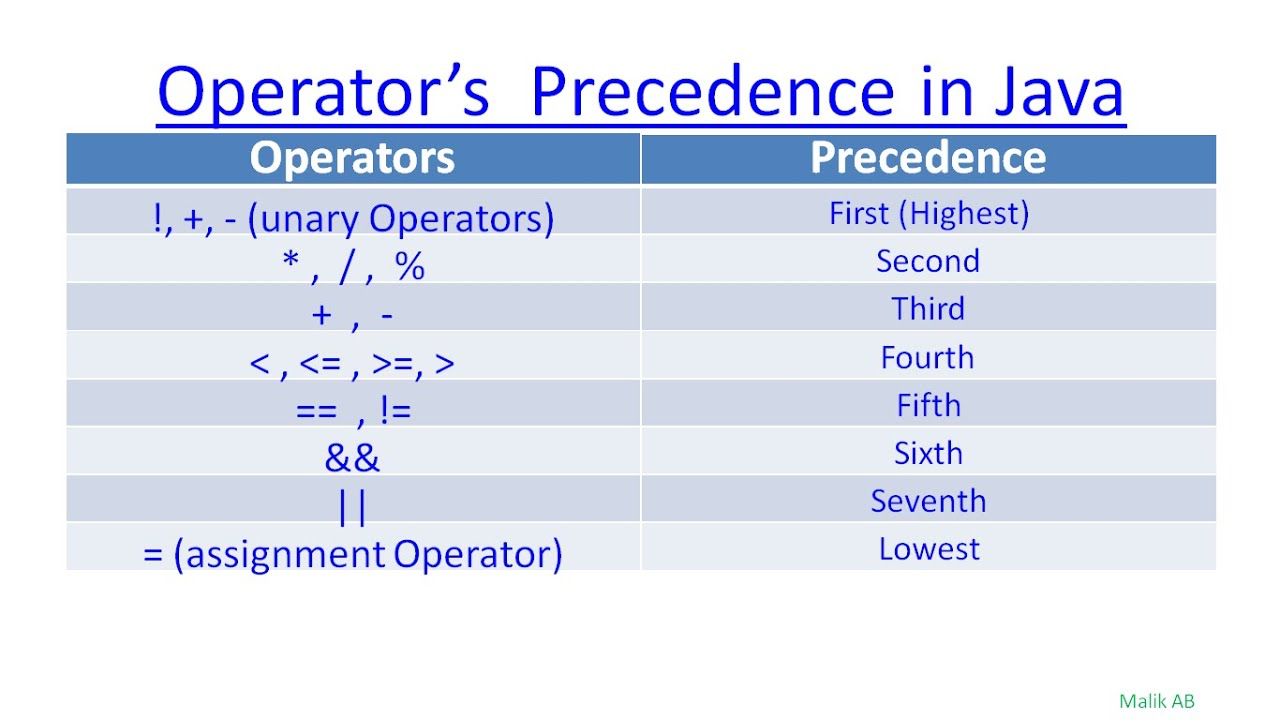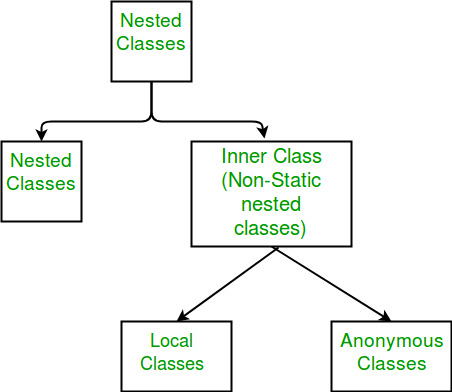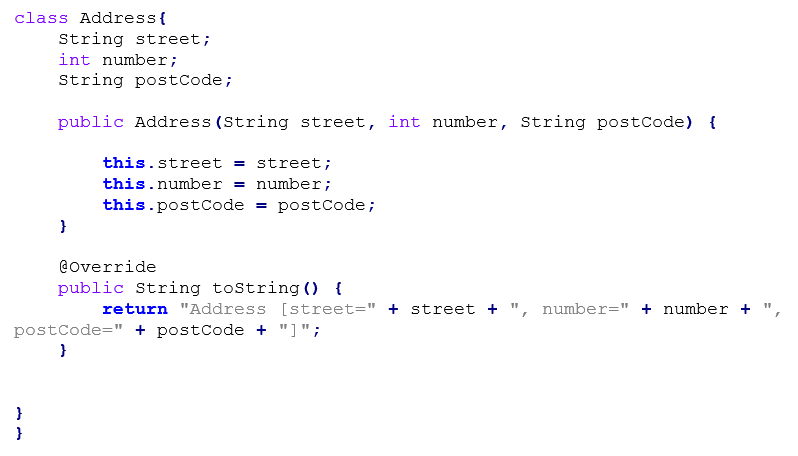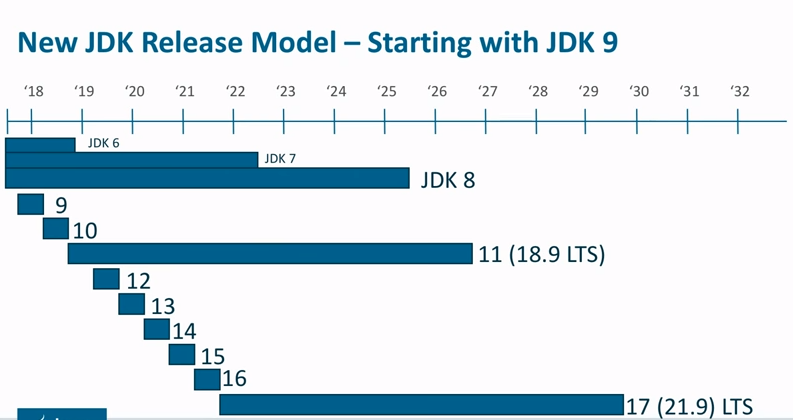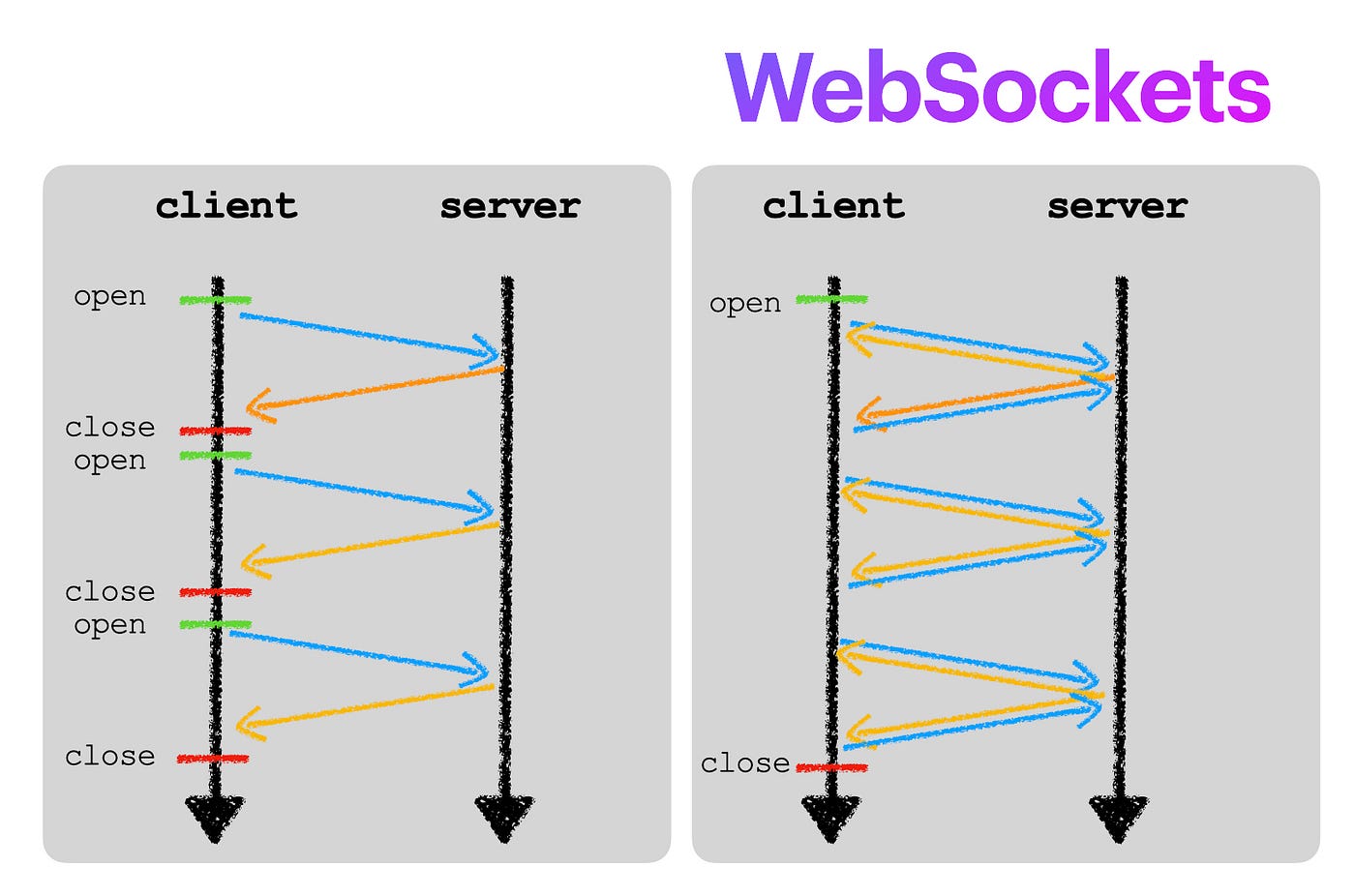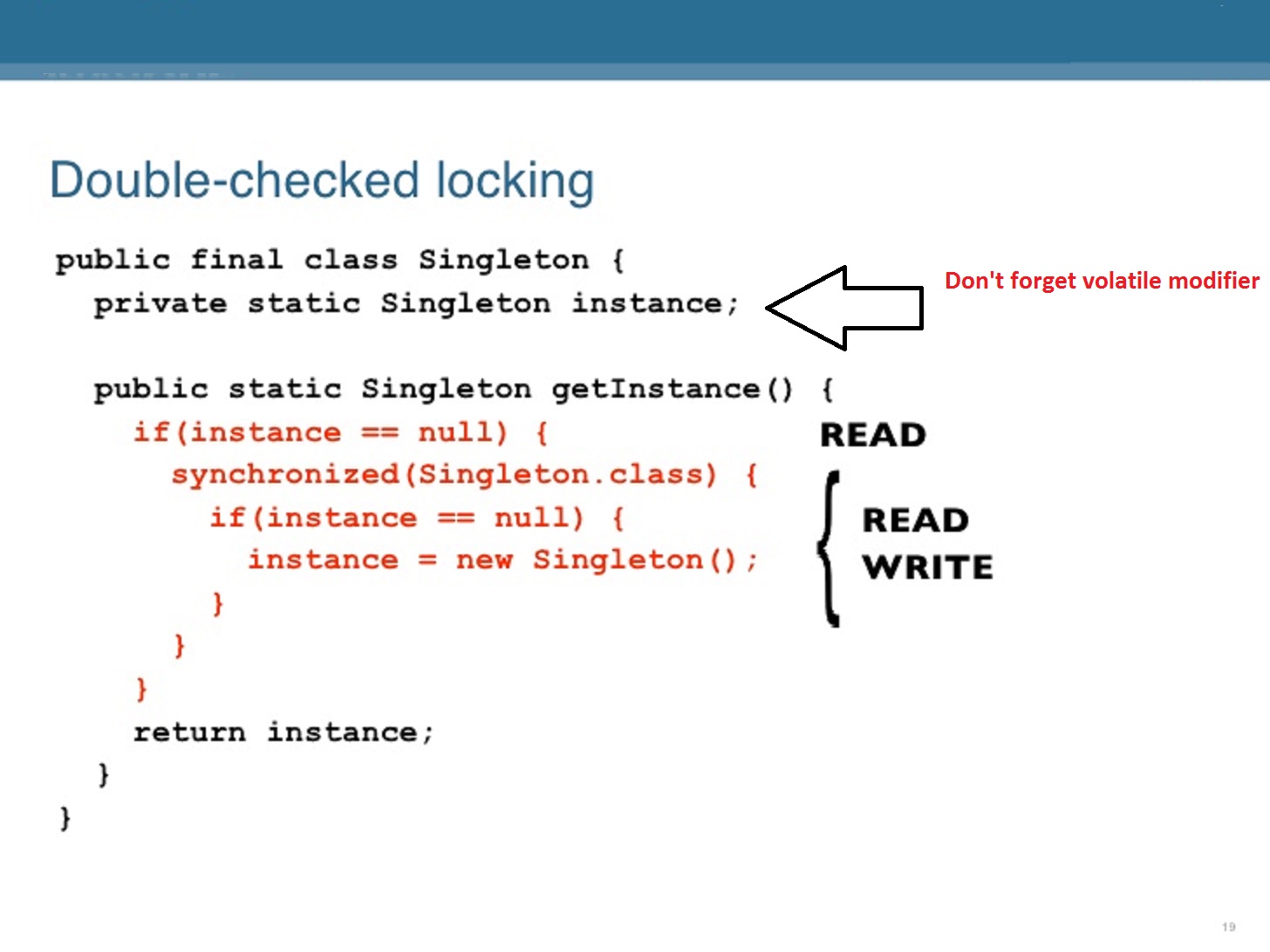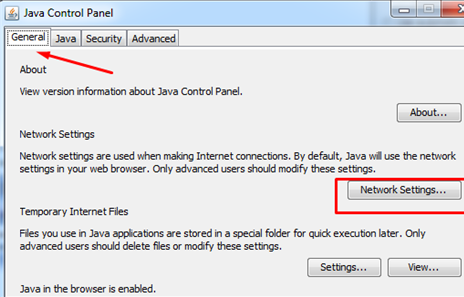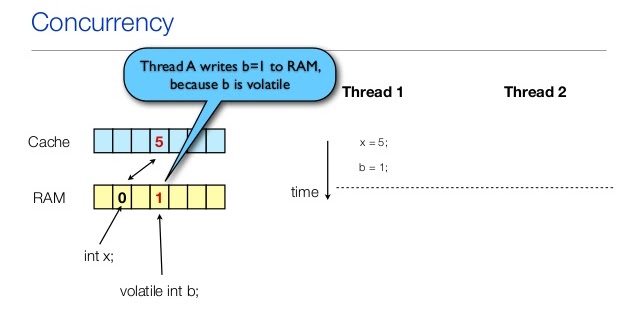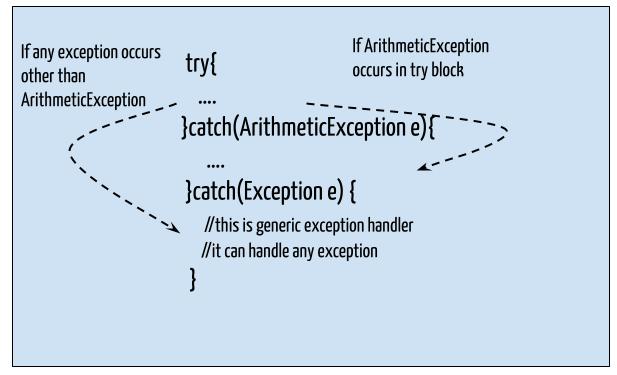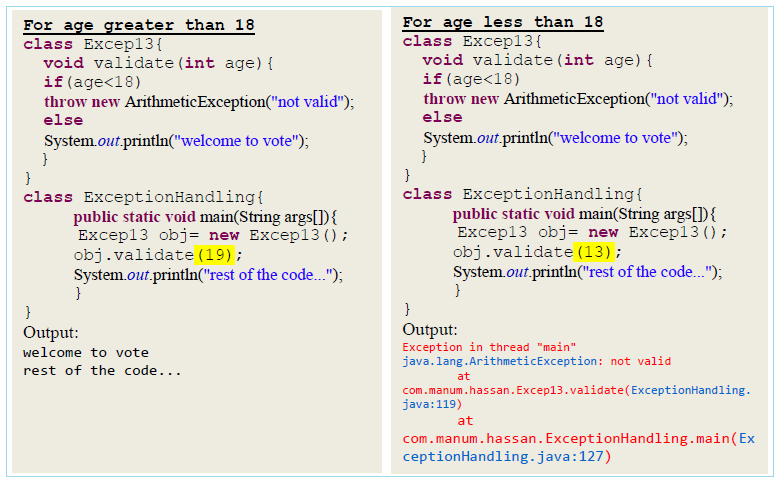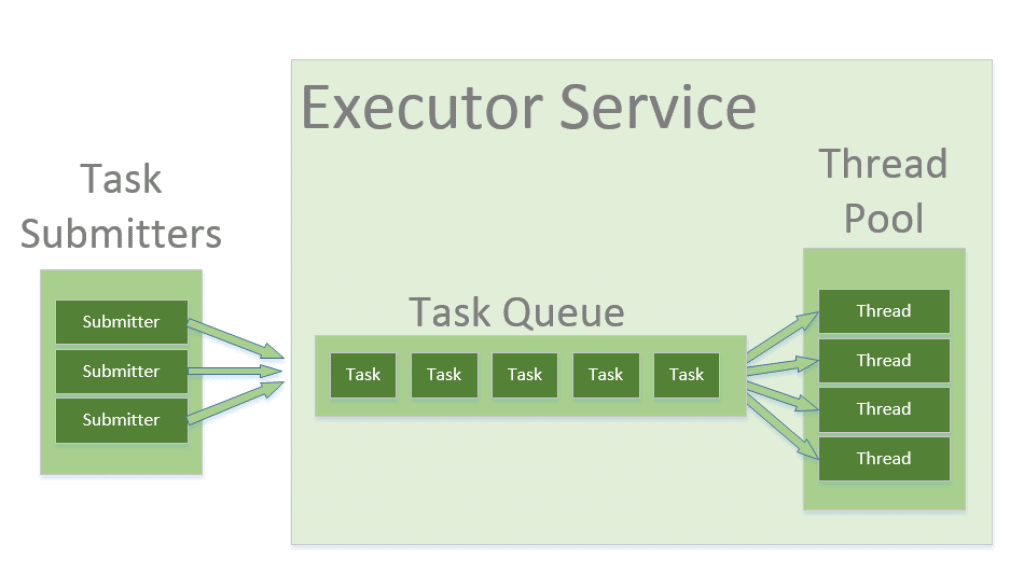How to stop a thread after some time in Java
How to stop a thread after some time in Java
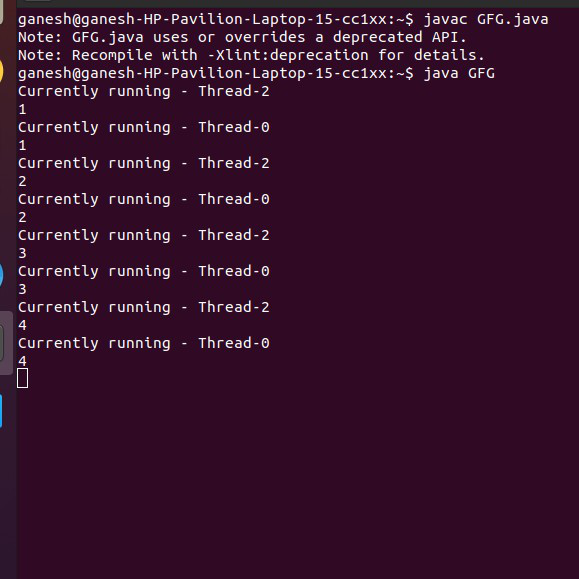
I'm happy to help you with that!
In Java, there are several ways to stop a thread after a certain amount of time has passed. Here are a few approaches:
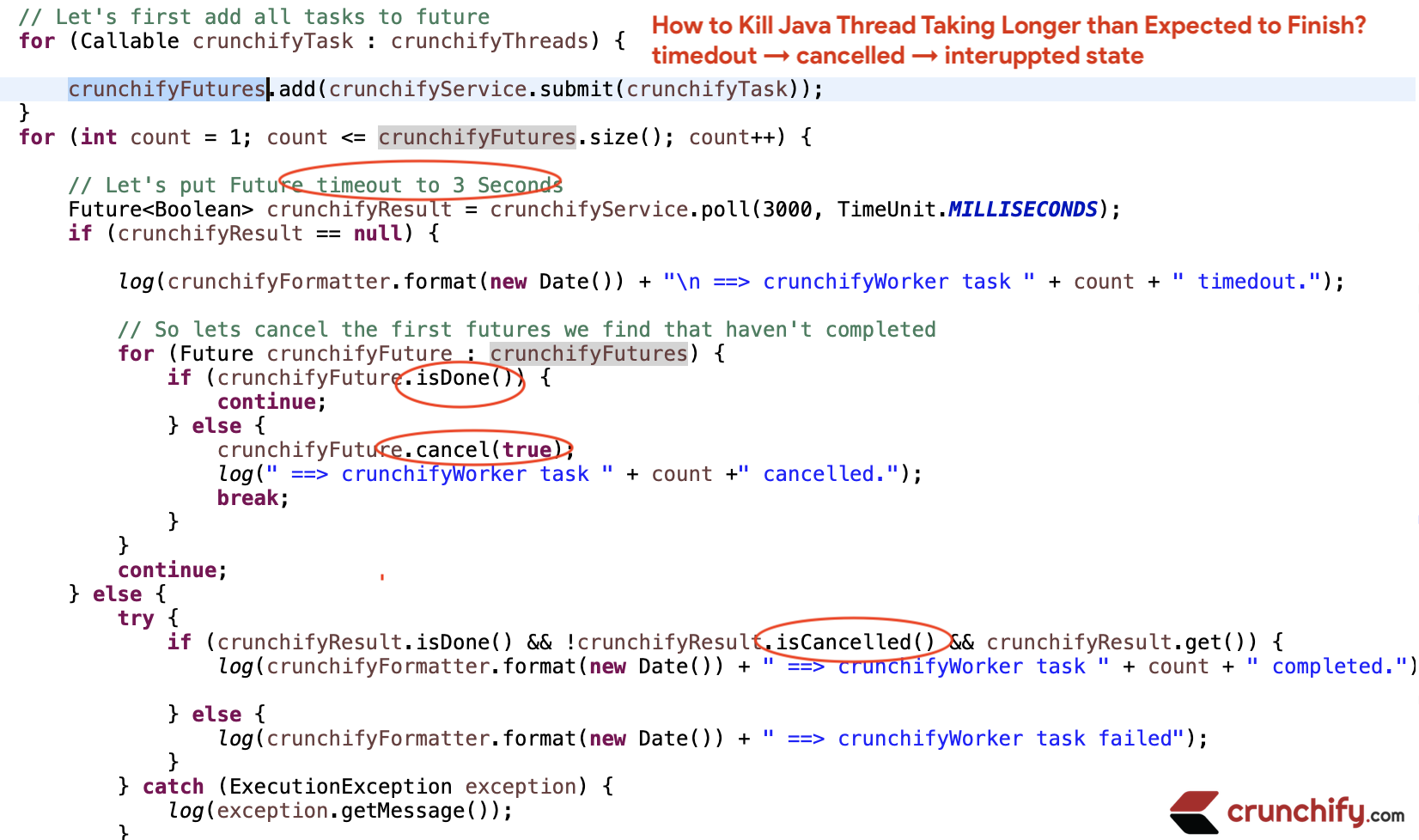
1. Using the sleep method
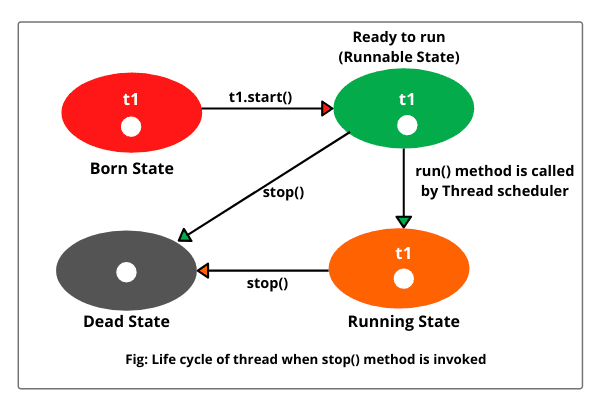
One way to stop a thread is by using the sleep method, which allows you to pause the execution of a thread for a specified amount of time. For example:
public class MyThread extends Thread {
public void run() {
try {
Thread.sleep(3000); // Sleep for 3 seconds
} catch (InterruptedException e) {
// Handle the interruption
}
}
}
In this example, the thread will sleep for 3 seconds and then resume execution. However, keep in mind that using sleep can be problematic if your thread is interrupted or canceled while it's sleeping.
2. Using a timer
Another approach is to use a Timer object to schedule a task to run after a certain amount of time has passed. Here's an example:
import java.util.Timer;
import java.util.TimerTask;
public class MyThread {
public static void main(String[] args) {
Timer timer = new Timer();
timer.schedule(new MyTimerTask(), 3000); // Schedule the task to run after 3 seconds
}
}
class MyTimerTask extends TimerTask {
public void run() {
System.out.println("Task completed!");
}
}
In this example, a MyTimerTask object is scheduled to run after 3 seconds. When the timer expires, the run method of the task will be called.
3. Using an executor service
You can also use an ExecutorService to schedule a task to run after a certain amount of time has passed. Here's an example:
import java.util.concurrent.Executors;
import java.util.concurrent.ScheduledExecutorService;
import java.util.concurrent.ScheduledFuture;
public class MyThread {
public static void main(String[] args) {
ScheduledExecutorService executor = Executors.newSingleThreadScheduledExecutor();
ScheduledFuture<?> future = executor.schedule(new MyRunnable(), 3000, TimeUnit.MILLISECONDS); // Schedule the task to run after 3 seconds
}
}
class MyRunnable implements Runnable {
public void run() {
System.out.println("Task completed!");
}
}
In this example, a MyRunnable object is scheduled to run after 3 seconds using an ExecutorService. When the executor service schedules the task to run, it will execute the run method of the MyRunnable object.
4. Using a thread pool
Finally, you can use a thread pool to manage a group of threads and schedule tasks to run after a certain amount of time has passed. Here's an example:
import java.util.concurrent.ExecutorService;
import java.util.concurrent.Executors;
public class MyThread {
public static void main(String[] args) {
ExecutorService executor = Executors.newFixedThreadPool(1);
executor.submit(new MyRunnable(), 3000, TimeUnit.MILLISECONDS); // Schedule the task to run after 3 seconds
}
}
class MyRunnable implements Runnable {
public void run() {
System.out.println("Task completed!");
}
}
In this example, a MyRunnable object is scheduled to run after 3 seconds using an executor service. When the executor service schedules the task to run, it will execute the run method of the MyRunnable object.
These are just a few examples of how you can stop a thread after some time in Java. The choice of approach depends on your specific requirements and constraints.
How to stop a thread in Java?
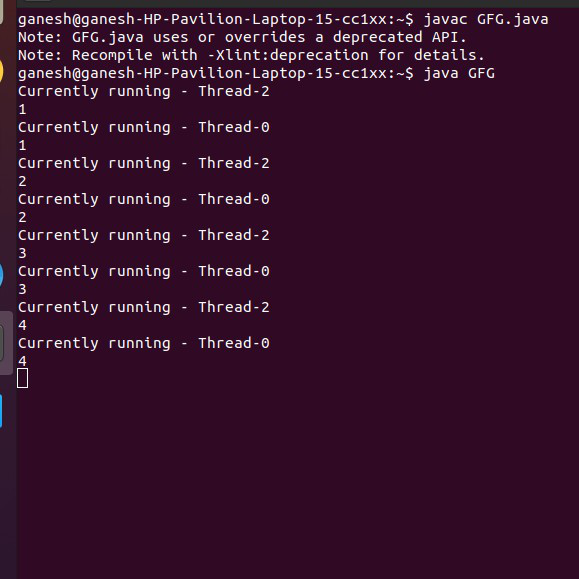
I'm happy to help you with that!
Stopping a thread in Java is a crucial aspect of multi-threading, which allows programs to run multiple tasks concurrently and efficiently. There are several ways to stop a thread in Java, but first, let's understand the importance of thread interruption.
Why do we need to stop threads?
When dealing with concurrent programming, sometimes you might want to cancel an ongoing task or interrupt its execution for various reasons, such as:
Handling exceptions: When a thread encounters an exception that cannot be handled, it may cause your program to become unresponsive.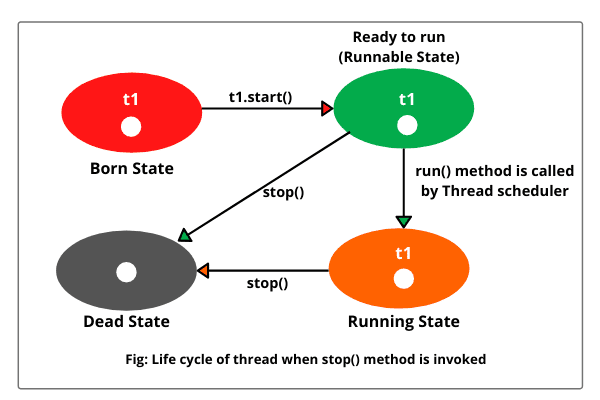
How to stop a thread in Java?
Thread interruption: You can interrupt a thread using theinterrupt() method. This sends a request to the thread to exit its current activity and go to the run() method's beginning.
thread.interrupt();
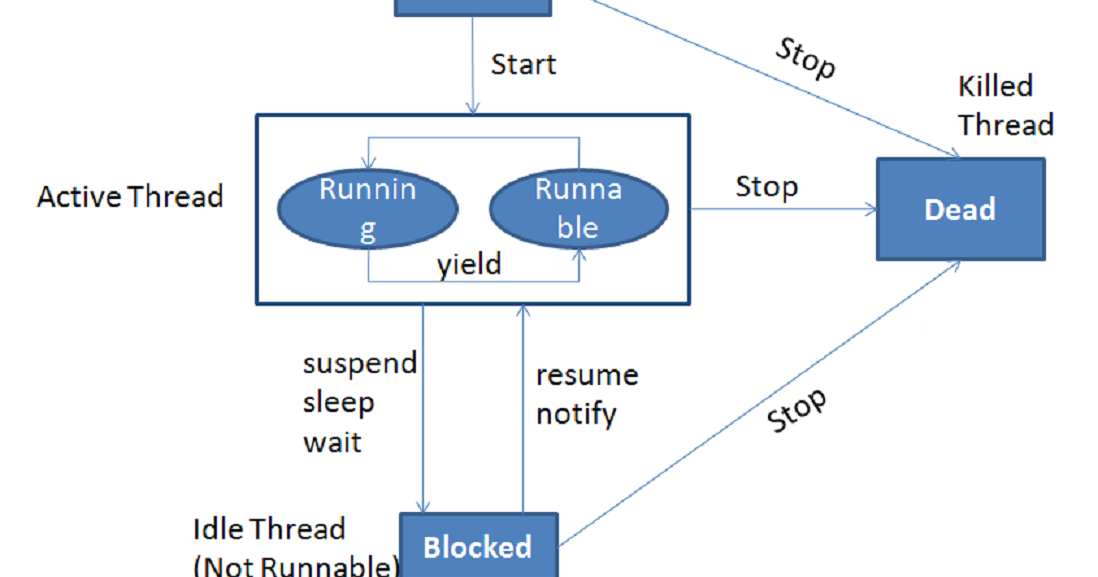
Keep in mind that interrupting a thread doesn't always guarantee immediate termination, as it depends on the thread's internal state. If the thread is blocked waiting for input/output operations, an interrupt won't wake it up.
Thread termination: Use thestop() method to forcibly terminate a thread. This method sets the thread's status to TIMED_OUT and calls its run() method one more time before stopping.
thread.stop();
However, be cautious when using this method, as it can lead to unexpected behavior or even crashes if not handled correctly.
Thread.join(): You can use thejoin() method to wait until a thread completes its execution and then exit your program.
thread.join();
This method allows you to synchronize with other threads that may be waiting for this thread's termination.
Volatile variables: Use volatile variables to ensure visibility of changes made by one thread in another, preventing potential data inconsistencies when stopping threads.Best practices
To avoid problems and ensure proper thread termination:
Always check the return value ofinterrupt() or stop() to confirm whether the thread was interrupted. When interrupting a thread, it's essential to handle exceptions correctly to prevent propagation to other threads. Avoid using stop() whenever possible, as it can be unreliable and may cause unexpected behavior.
By following these guidelines, you'll be able to effectively stop threads in Java, ensuring the efficient and predictable execution of your multi-threaded programs.

